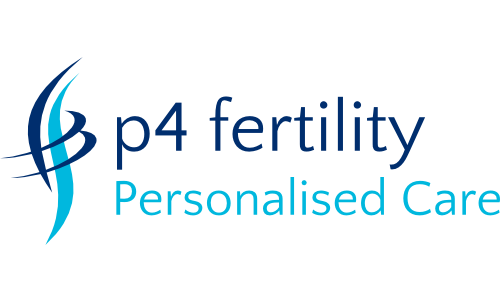Why Should I Take Folic Acid Before Pregnancy?
- letitianathaniel9
- Jul 4, 2024
- 3 min read
Folic acid, a form of vitamin B9, is essential for everyone, but it's particularly crucial for women who are planning to get pregnant. It plays a significant role in the development of a healthy baby and can prevent serious birth defects. Here's why you should consider taking folic acid before pregnancy and how it can benefit you and your future child.
The Importance of Folic Acid
Folic acid is a type of B vitamin that helps your body produce and maintain new cells. It is particularly important during periods of rapid growth, such as pregnancy and infancy. For women who are planning to have a baby, taking folic acid is vital because it helps prevent neural tube defects.
Preventing Neural Tube Defects
Neural tube defects are serious birth defects that affect the brain, spine, or spinal cord. The most common neural tube defects are spina bifida and anencephaly. Spina bifida occurs when the spine and spinal cord don't form properly, which can lead to physical and intellectual disabilities. Anencephaly is a condition where parts of the brain and skull do not develop, often leading to stillbirth or death shortly after birth.
Taking folic acid before and during early pregnancy can significantly reduce the risk of these defects. The neural tube forms very early in pregnancy, often before a woman even knows she is pregnant, which is why it's recommended to start taking folic acid at least three months before you conceive.
How Much Folic Acid Do You Need?
Health experts recommend that women who are planning to get pregnant take 400 micrograms (mcg) of folic acid every day. This amount helps build up the levels of folic acid in your body to provide the most protection against neural tube defects.
Sources of Folic Acid
Folic acid can be found in certain foods, and you can also take it as a supplement. Foods rich in folate (the natural form of folic acid) include leafy green vegetables, citrus fruits, beans, and whole grains. However, getting enough folate from diet alone can be challenging, which is why taking a supplement is important.
Common foods that are good sources of folate include:
Leafy greens like spinach and kale
Citrus fruits such as oranges and lemons
Beans, peas, and lentils
Whole grains and fortified cereals
Despite the presence of folate in these foods, diet alone typically does not provide enough folic acid for pregnancy, making supplementation necessary.
When to Start Taking Folic Acid
To get the most benefit from folic acid, you should start taking it at least three months before you plan to get pregnant. This allows enough time for folic acid levels to build up in your body, providing the best protection for your baby right from the start of pregnancy. Continue taking folic acid throughout your pregnancy to support your baby's development.
Additional Benefits of Folic Acid
Besides preventing neural tube defects, folic acid has other benefits during pregnancy. It supports the growth of the placenta and fetus, helps prevent anemia, and may reduce the risk of preeclampsia, a potentially dangerous pregnancy complication characterized by high blood pressure.
Conclusion
Folic acid is essential for women who are planning to get pregnant. Taking it at least three months before conception can help prevent serious birth defects such as neural tube defects and support your baby's overall development. While eating foods rich in folate is beneficial, it’s crucial to take a folic acid supplement to ensure you get enough of this important vitamin.
Prioritize your health and the health of your future baby by incorporating folic acid into your daily routine. If you have any questions or need personalized advice, consult with your healthcare provider.
For more information on prenatal care and personalised fertility advice, book an appointment with P4 Fertility.





Taking folic acid before pregnancy is one of the most impactful steps for supporting a healthy start for your baby. It helps reduce the risk of birth defects and supports the early development of the neural tube, making it a key part of pre-pregnancy care. As you take care of those first steps toward parenthood, don’t forget how your physical environment shapes a child’s early learning — something as simple as a floor bed can encourage independence and safety in their own room. Small preparations now can help your child grow in both comfort and confidence.